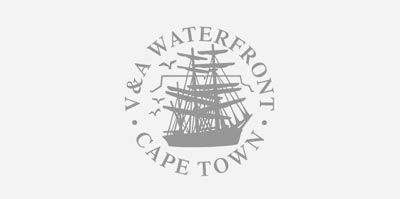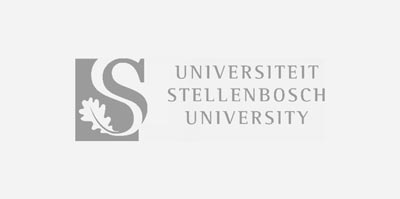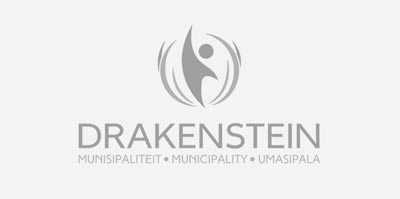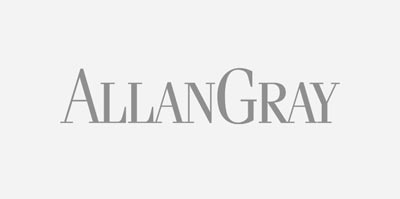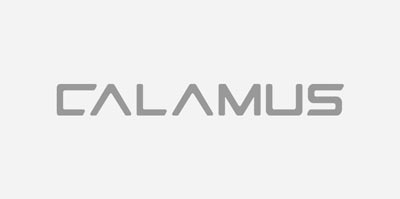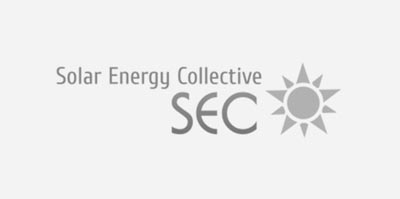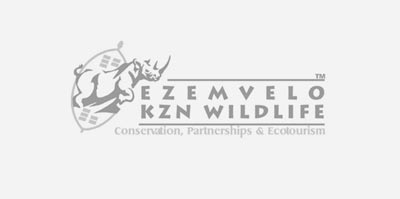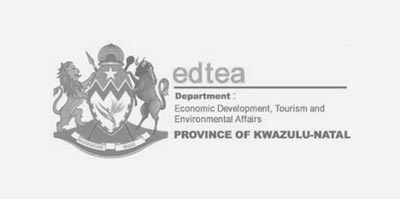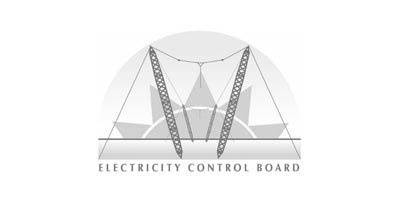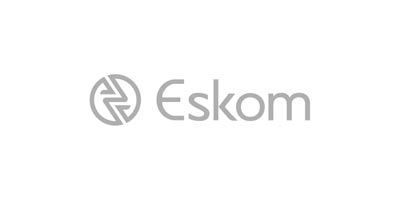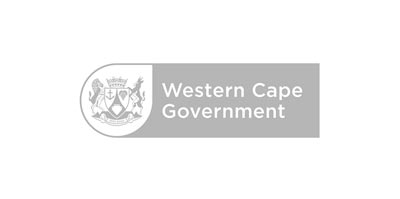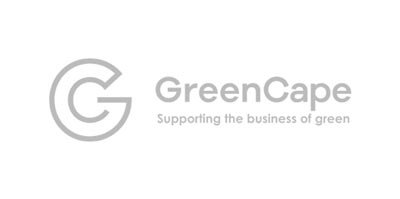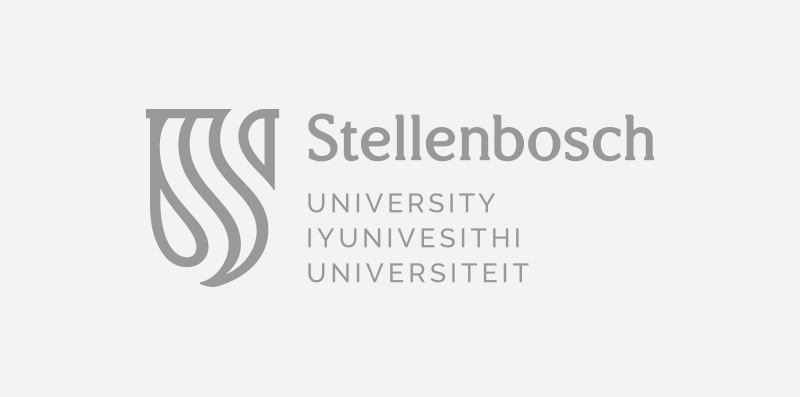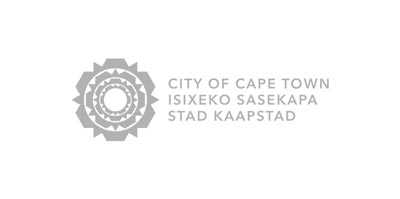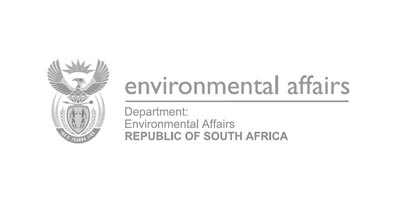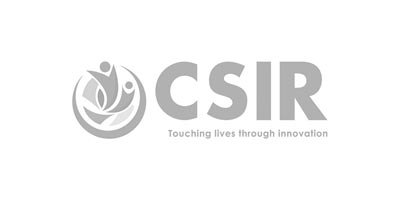Get expert advice on your renewable energy journey, from our team of researchers and engineers.
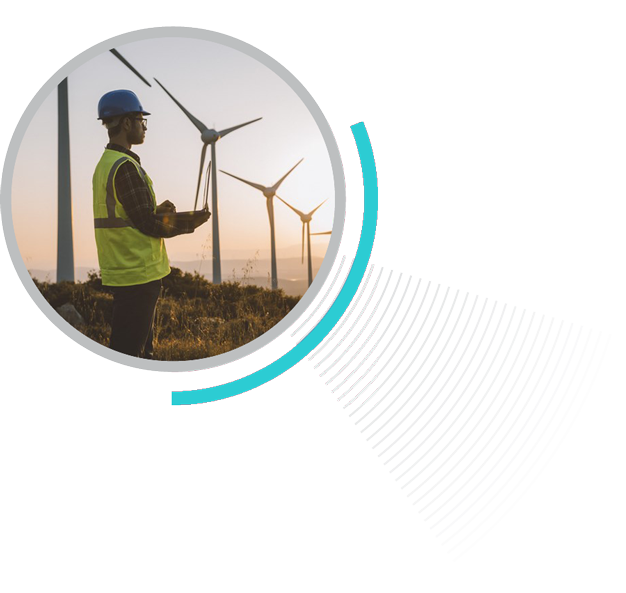
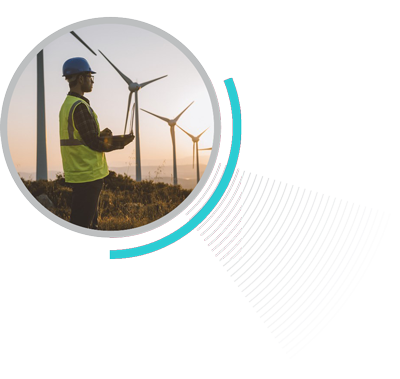
FEASIBILITY STUDIES
CRSES conducts techno-economic evaluations on renewable energy related projects to test their viability.
This is done in three phases:
- Preliminary design: Define project specifications and source relevant site data to identify suitable technology and sizing for the site.
- Modelling: Software is used to make performance predictions of renewable energy systems. This includes estimating the realistic energy production potential of the technology and determining the impact on the site’s energy demand.
- Financial analysis: Determine the financial viability of the project and provide financial indicators such as the payback period, Internal Rate of Return (IRR), Net Present Value (NPV) and levelised cost of energy.
Clients include:
GRID INTEGRATION STUDIES
The Centre conducts studies to assess the impact of integrating renewable energy into local and national grids.
These studies include:
- Load flow analysis
- Contingency analysis
- Fault level analysis
- Power quality studies
- Stability analysis
- Reliability assessment
Clients include:
TENDER EVALUATIONS
CRSES provides third party independent assistance with the technical evaluation of tenders pertinent to renewable energy. The Centre assists the client in understanding the technology and provides expert guidance to ensure that the bidders address the needs of the client.
Feasibility study evaluation phases:
- Preliminary design
- Modelling
- Financial analysis
Previous clients: (among others)
ENERGY AUDITS
Review how your site can be run more energy efficient with an expert energy audit. The audit will include on-site inspection, an analysis of electrical consumption patterns and an investigation of the current electrical equipment infrastructure. The advisory study will be presented in a short report to the client.
The process includes:
- Walk-through audit will be conducted.
- Visual verification of electrical equipment on site.
- Study of installed equipment and operating data.
- Detailed analysis of historical energy consumption in relation to tariff structure.
- Identification of simple or low-cost improvements as well as list potential energy conservation measures.
- Draft a report on the findings and send to the client

